The cultivation method of Magnolia introduces how to water the orchid
Clivia is the choice of many people indoor culture flowers, this flower cultivation is relatively simple, first of all to choose the pot soil, can be placed in the indoor near the window, according to the characteristics of the temperature around the master fertilizer. Below we will take a detailed look at the breeding method of Clivia, how to water Clivia.
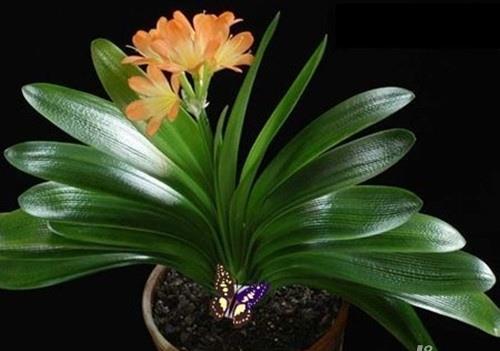
How to raise Clivia
How do you keep the sun out?
In summer, clivia should be placed in a well-ventilated environment without direct light. Clivia is a medium light flower, suitable for soft light in spring and autumn, not exposed to the sun. In summer, it is best to plant pots in shade, sunlight through the cracks in the shade, so that plants receive less light. If placed in the noon can avoid direct sunlight, and morning and evening can see the sun's most ideal place. Generally, summer shade should reach 60%-70% or more.
How to raise Clivia--cooling and humidifying
Clivia should be placed in a ventilated place in summer. If the ambient temperature is above 35 ° C, the water in the soil evaporates too fast, which will make the water and nutrients of Clivia in short supply. Therefore, it is best to put the Clivia basin on the pool or basin (with a wooden pad), and often spray water around the plant and foliage to improve the temperature and humidity environment of Clivia, so that it can grow below 25 ° C, humidity reaches 60%-70% in the small environment, in order to safely spend the summer and promote the summer growth of Clivia.
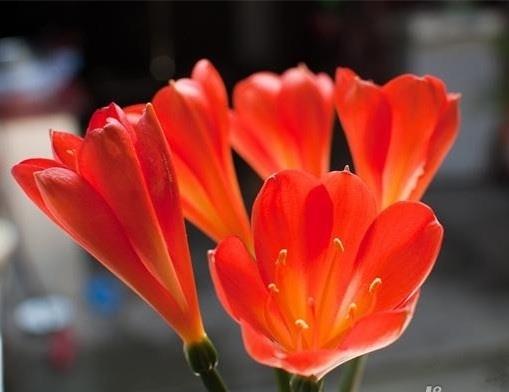
How do you grow a lily? -Water it properly.
Clivia originated in the primeval forests of South Africa, which makes it form a morphological and physiological function of the particularity. Clivia leaves wide, soft texture, higher soil moisture requirements, greater air humidity. In hot summer, Clivia grows slowly, roots absorb less water, but leaf evaporation is very large. Therefore, clivia can not lack water, otherwise the fleshy root atrophy, thin leaves, dull. When watering, we should adhere to the principle of watering half dry and watering thoroughly. But you can't water the topsoil as soon as it dries. Otherwise basin soil is in wet condition for a long time, it is easy to rot roots and yellow leaves. When watering, be careful not to let the water drip into the leaf heart, so as not to cause rotten heart disease, resulting in "beheading".
How to grow clivia--controlled fertilization
Summer temperature is high, clivia in semi-dormant or dormant state, therefore, to control fertilization, as little as possible or not apply. Because its root system absorption capacity is weak at this period, if fertilization or fertilization is slightly more, fertilizer accumulates around the root system for a long time, which is easy to cause rotten roots and rotten stems. However, during this period, if the temperature of Clivia growth environment is reduced to below 25℃, some thin liquid fertilizer can be applied appropriately to promote its growth and shorten its dormancy period; if the temperature drops below 20℃ and the humidity meets the requirements, fertilization can be carried out as usual.
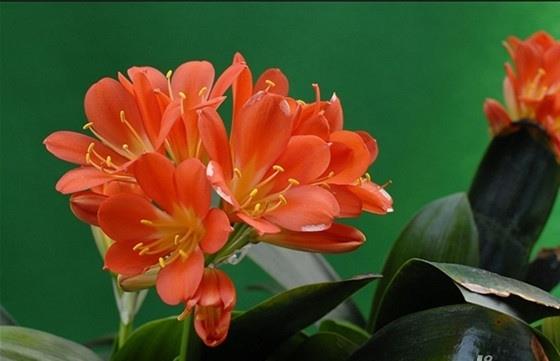
How to Water a Clivia
Home temperature, humidity, flowerpot size, flower soil permeability (permeability), season and other conditions are different, watering interval time should not be fixed into only one. Consider the length of the interval as the environment changes.
To judge whether it's time to water, I'll tell you a few tips:
1. Knock. Tap 1/2~1/3 of the flowerpot, the clear sound indicates that the soil moisture of the flower is insufficient, and it needs watering. A dull sound means there's plenty of water and no need for watering.
2, and done. Watering the front end of the flowerpot to feel the weight. Watering. After watering, pick up the pot and feel the weight. A long time has a certain experience a weigh flowerpot will know is not the watering.
3, explore. Is the most direct way. Finger into the soil about 1/3 of the place to feel humidity. Wet, no need to water. Wet, ready to water. There's still a little moisture, so it's time to water it.
The above is the relevant introduction of this article, I believe you have read this also have a simple understanding, if necessary, you can continue to pay attention to No. 1 home network, to learn more information.
- Prev
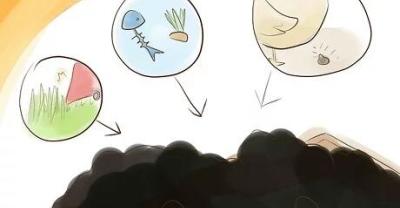
The planting and cultivation method of blooming tea plum in winter. Gardeners collect it.
It is now in the depths of winter, and there are only a few flowers in full bloom, and those that can bloom so beautifully are even rarer. What I share with you today is this kind of beautiful.
- Next
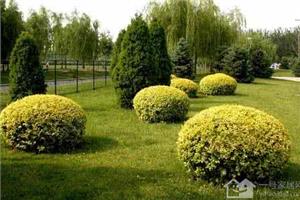
How to control insect pests in Ligustrum lucidum how long is the florescence of Ligustrum lucidum
How to control insect pests in Ligustrum lucidum how long is the florescence of Ligustrum lucidum
Related
- Wuhan Hospital Iron Tree Blooming Result Was Instantly Frightened by the Gardener Master
- Which variety of camellia is the most fragrant and best? Which one do you like best?
- What is the small blue coat, the breeding methods and matters needing attention of the succulent plant
- Dormancy time and maintenance management of succulent plants during dormancy
- Minas succulent how to raise, Minas succulent plant pictures
- What are the varieties of winter succulent plants
- How to raise succulent plants in twelve rolls? let's take a look at some experience of breeding twelve rolls.
- Attention should be paid to water control for succulent plants during dormant period (winter and summer)
- Watering experience of twelve rolls of succulent plants
- Techniques for fertilizing succulent plants. An article will let you know how to fertilize succulent plants.

